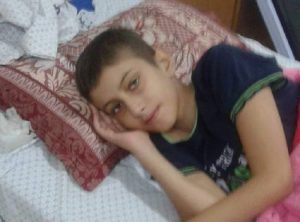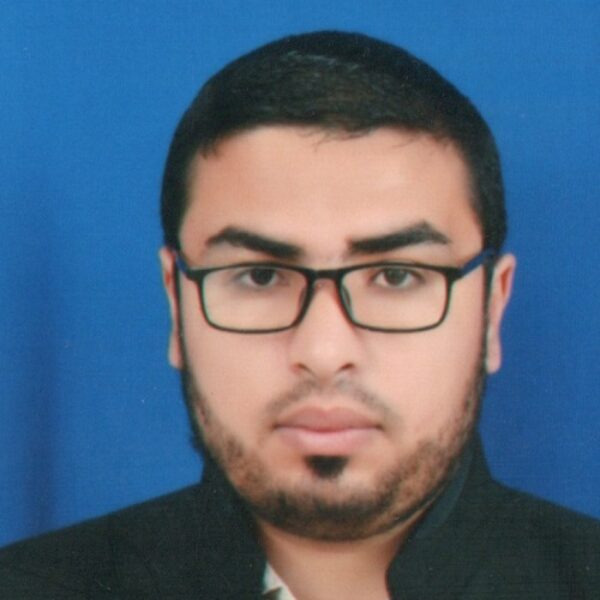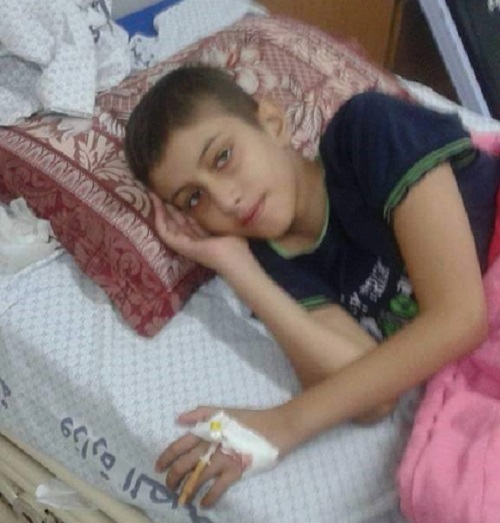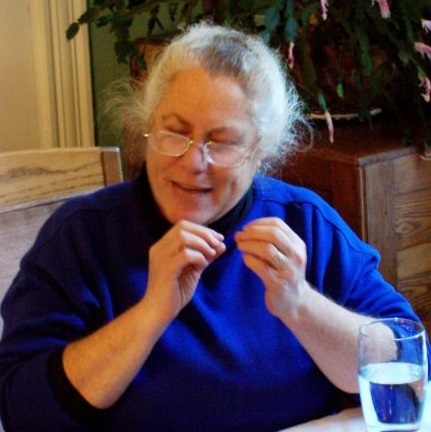
On a freezing December night, during my shift in a cancer department, I could hear sporadic groans coming from the room opposite the nurses’ station. A dying 12-year-old patient with end-stage bone cancer was surrounded by his depressed parents. Despite giving him strong painkillers, the medical staff could not alleviate his other psychosocial sufferings. I approached him, trying to explore the hidden causes behind his pain. We had the following conversation:
Me: Hello Hammoda!
Moh: Hello angel of mercy.
Me: How are you today?
Moh: Not fine, pain is getting worse, but Alhamdulillah, I am patient enough to tolerate pain because I think God loves me and is going to reward me.
Me: You are bedridden now. What is the most interesting thing you would do if you were able to walk again on your own feet?
Moh: Definitely play football with my friends. Oh, I miss them very much as I have not seen them for months.
Me: How can I help you?
Moh: Just tell my parents that I am going to be fine.
Me: What do you hope now?
Moh: An additional dose of morphine.
“There is nothing more we could do for the child,” the doctor said.
Thereafter, the family turned to me and said we failed to give their child a good life. “But could you help us give him a good death?”
But what does a good death mean to a 12-year-old patient? For him, it meant being surrounded by family and friends. Therefore, I decided to throw him a surprise party and invite his family, peers and the medical staff. We immediately started making all the needed arrangements, from specifying the date of the party for the next week to calling the guests and arranging for clowns.
The day of the party, everybody gathered at the small garden in front of the department waiting patiently for one final look, as if we were waiting for a president to declare the end of a devastating war. At that point, I was preparing the child for his farewell party, releasing him from intravenous lines that wrapped around everywhere like the limbs in a Twister game. I also disconnected his oxygen line from a wall nozzle and connected him to a green portable oxygen cylinder. He was able to receive morphine drips by a smart pump fixed in the wheelchair so that he could be as comfortable as possible.
When he arrived at the party, there were virtually 25 people who showed up to say “goodbye Mohammed.” It lasted less than an hour, but the time was filled with smiles, joy and lots of fun.
Ultimately, everything went as planned. Three days later, in the early morning of Sunday, Aug. 30, 2015, and after months of suffering, Hammoda died while holding his parents’ hands. His death was a mercy, so he can now rest in peace. We were so proud to give him such a good death and add meaning to the rest of his life.
Unfortunately, Mohammed was just one of dozens of children diagnosed with cancer in Gaza who wait for this moment to come. Over the past six years of working as a cancer nurse, I have witnessed so many patients who died while suffering or complaining of psychological distress and unmet spiritual needs. Approximately 8,000 cancer patients in Gaza have been deprived of having a dignified death in which their physical, psychological and spiritual needs are respected until the last second of their lives. Instead, the reality here says, “I could do nothing for him/her; he/she has end-stage cancer.” I say, “Once someone is diagnosed with cancer in Gaza it means he is 100% dead.”
The shortage of health care professionals who are qualified to deliver high-quality end-of-life care is challenging, but that is just one part of the enormous and complicated problems that cancer patients have. For example, the unjustified act by Israeli authorities of depriving Gaza’s patients from traveling to get proper treatment is a flagrant violation of human rights. As an occupying power, Israel has a legal obligation to ensure Palestinians’ right to health, and that is the least the Gaza population deserves.











